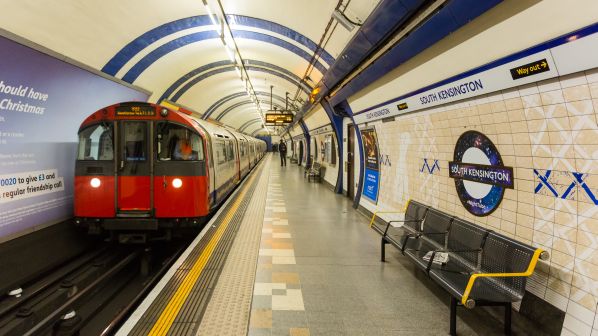TfL says it has been suffering a 2% reduction in rail and bus passenger revenue since October 2019 due to economic uncertainty, which was exacerbated in February by three significant storms. In the week starting March 2, ridership dropped by a further 2% due to increasing fears about coronavirus. Now, with increasing numbers of people working from home and fewer visitors to London, traffic has dropped significantly, and TfL might require government assistance if the situation deteriorates further.
TfL says tight cost control and efficiency improvements have enabled it to cut its deficit from £1.5bn to £200m and made it more resilient to financial shocks. TfL’s stronger financial position has allowed it to partly mitigate the withdrawal of £700m in government operating grant, and cope with delays to the Crossrail project and a worsening economy. However, these pressures on TfL’s finances have forced it to delay the resignalling of the Piccadilly Line.
TfL is required to maintain a cash balance of £1.2bn for liquidity and to cope with financial shocks, plus an additional £600m to cover other risks. “TfL’s current forecast for its end of year cash balance is expected to be more than £2bn,” TfL says. “This means TfL is able to manage the initial impact of Covid-19.”
“Our best forecast, based on government scenarios, is that the financial impact of the coronavirus could be up to £500m,” says TfL’s CFO Mr Simon Kilonback. “We manage our finances prudently and have reduced our deficit hugely in recent years. This means that we can manage the impacts on our passenger numbers and finances that are currently envisaged. But, given the nature of the situation, we will be looking to the government to provide appropriate financial support.”

